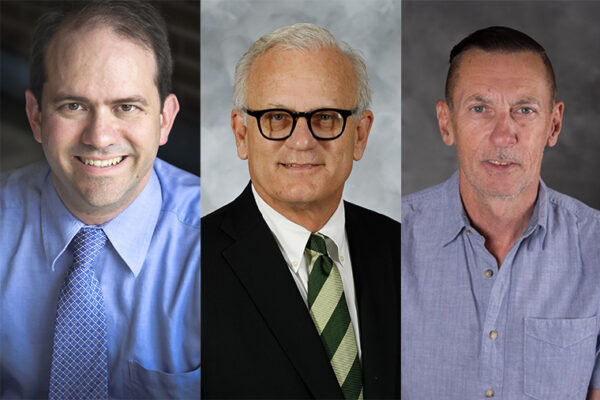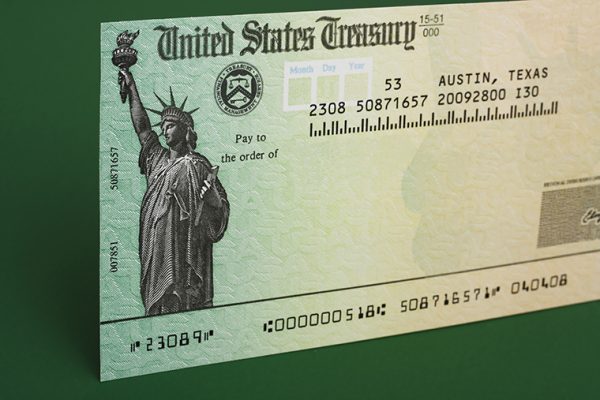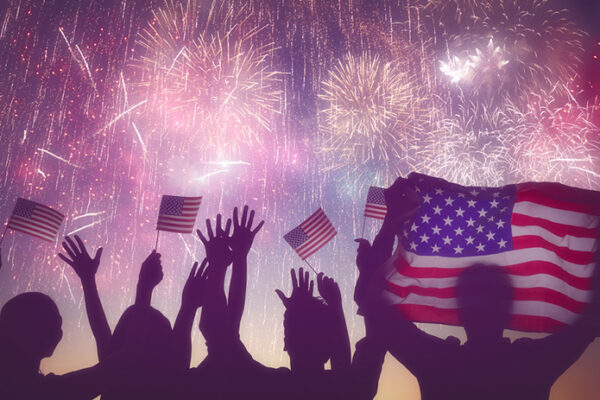President Donald Trump issued on June 22 a presidential proclamation that will suspend most new H-1B and other visas through the end of the year. The administration labeled the proclamation a move necessary to protect jobs for unemployed Americans affected by COVID-19.
However, restricting foreign workers will not have a significant impact on unemployment rates and may slow growth in certain industries, according to an expert at Washington University in St. Louis.

“If you look at the issuance of H-1B visas by occupation, 66.1% went to computer-related occupations, 10.1% went to architecture, engineering and surveying, and the other quarter went to 16 different occupations,” said John Horn, professor of practice in economics at Olin Business School. Source here.
“The unemployment rate for computer-related occupations went from 1.3% in May 2019 to 3.7% this May. Similarly, architecture and engineering went from 2.3% to 4.7%. So there was a doubling-to-tripling of unemployment in these occupations, but we don’t know how many of them were H-1B holders and how many were citizens or green card holders. It doesn’t appear to me that these occupations are driving the overall increase in unemployment up to 13%, so I don’t see how this temporary ban will make a large dent in the unemployment rate for U.S. citizens.” Source here.
Requirements are already in place that require employers to certify there is not a U.S. citizen who could do the job and the candidate possesses a degree and “deep knowledge in the required field” in order to qualify for an H-1B visa. “U.S. employers can’t use H-1B visas to replace existing workers. They are intended to be a stop-gap in case a U.S. worker can’t be found or hired,” Horn said. (Enforcement is another matter; there is precedence where displaced American workers have trained their H-1B replacements.)
“Companies will likely wait to see who wins the election in November. If Trump loses, the H-1B restrictions will likely be lifted. If he wins, they could get more restrictive and that could lead to employers shifting jobs overseas.”
John Horn
As a result, the technology plus the architecture/engineering industry categories likely will be most impacted by the temporary suspension of visas. The long-term impact this suspension will have on companies is unclear, though.
“Companies will likely wait to see who wins the election in November. If Trump loses, the H-1B restrictions will likely be lifted. If he wins, they could get more restrictive and that could lead to employers shifting jobs overseas,” Horn said.
Unlike restrictions on trade and tariffs, Horn does not foresee the temporary suspension of visas having a significant impact on international business relations.
“It might cause some visa restrictions in other countries, but the U.S. exports far fewer of these workers to other countries than come here on H-1B visas, so any restrictions in other countries will likely not have much effect,” he said.
“It won’t help international relations, but probably won’t cause trade conditions to worsen significantly.”
WashU Response to COVID-19
Visit coronavirus.wustl.edu for the latest information about WashU updates and policies. See all stories related to COVID-19.


